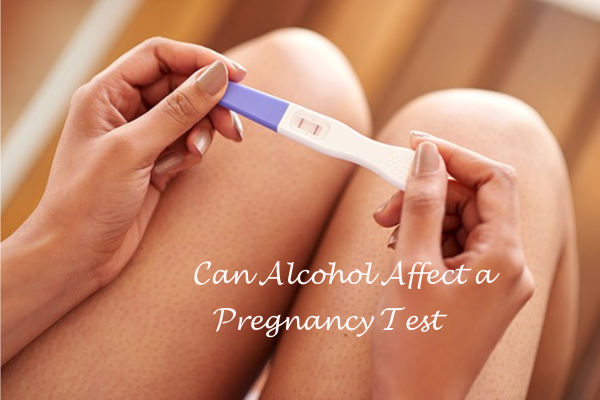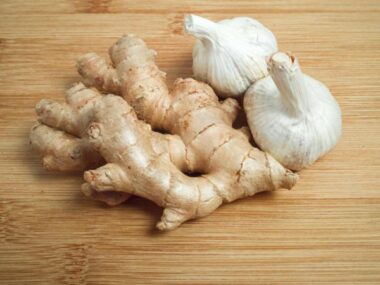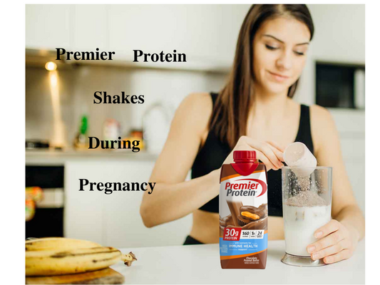Pregnancy tests are vital tools that provide critical information for women trying to conceive or concerned about a potential pregnancy. However, amidst the excitement and uncertainty, many rumors and misconceptions circulate about factors that may influence the test’s accuracy. One common question that arises is whether alcohol consumption can affect the results of a pregnancy test. In the following article, we will explore in depth the scientific evidence and separate fact from fiction, helping you better understand the truth behind the myths surrounding the impact of alcohol on pregnancy tests.
Understanding How Pregnancy Tests Work
Before we address the question, let’s briefly explore how pregnancy tests work. A hormone called human chorionic gonadotropin (HCG) is found in a woman’s urine during pregnancy testing. HCG is produced by the placenta shortly after conception, turning it into a dependable sign of pregnancy. Most home pregnancy tests are highly sensitive to HCG and can detect it in minute quantities.
The Impact of Alcohol on Pregnancy Test
Despite common misconceptions, alcohol consumption does not interfere with pregnancy test results. Alcohol, when ingested, gets absorbed into the bloodstream and metabolized by the liver. It does not interact with HCG or alter the hormone’s presence in urine. As a result, a woman’s consumption of alcoholic beverages, even in significant quantities, will not influence the outcome of a pregnancy test.
However, it is essential to understand that while alcohol does not directly impact the accuracy of a pregnancy test, it can affect a woman’s overall health, including her ability to conceive or carry a pregnancy to term. Overindulging in alcohol is recognized to disrupt the menstrual cycle, potentially resulting in erratic ovulation, which may lead to irregular ovulation or even anovulation (lack of ovulation). Consequently, this could make it challenging for a woman to get pregnant.
Additionally, drinking alcohol during pregnancy is widely discouraged due to the potential for disorders within the fetal alcohol spectrum (FASDs). FASDs can cause severe developmental issues and lifelong disabilities in the unborn child. Therefore, if you suspect you might be pregnant or are actively trying to conceive, it is best to avoid alcohol altogether to ensure the health and well-being of both you and your potential baby.
Factors That Can Affect Pregnancy Test
While alcohol consumption does not interfere with pregnancy tests, several other factors can influence the accuracy of the results. It is essential to consider these variables to obtain reliable and precise outcomes:
1. Timing
Taking a pregnancy test too early, before the HCG levels have had an opportunity to experience substantial growth, may result in a false negative. For the most accurate results, it is advisable to wait until at least a week after a missed period before testing.
2. Test Sensitivity
Different pregnancy tests have varying sensitivities to HCG. Some tests can detect lower levels of the hormone than others, making them more effective for early detection.
3. User Error
Incorrect usage of a pregnancy test, such as not following the instructions properly or testing with diluted urine, can lead to inaccurate results.
4. Expired Tests
Using an expired pregnancy test may compromise its effectiveness and accuracy.
5. Medications
Certain medications, such as those containing HCG, fertility drugs, or some antipsychotic medications, can interfere with pregnancy test results. If you currently use any prescribed medications, it’s essential to consult your healthcare provider to understand how they might affect the test.
6. HCG Injections
Women undergoing fertility treatments, like in-vitro fertilization (IVF), may receive HCG injections to trigger ovulation. In such cases, the residual HCG from the injection may affect the test results for a short period.
7. Certain Medical Conditions
Medical conditions like ovarian cysts, certain types of tumors, and urinary tract infections may produce hCG-like substances that can interfere with pregnancy tests.
Read also: Can Prenatal Vitamins Cause Weight Gain?
What drinks can cause a false pregnancy test?
It is important to note that most beverages, including regular soft drinks, water, tea, coffee, and juices, will not cause a false positive or false negative result on a pregnancy test. Pregnancy tests identify the existence of the hormone human chorionic gonadotropin (hCG) within a woman’s urine, and these drinks do not contain hCG or substances that would interfere with the accuracy of the test.
To avoid any potential issues with pregnancy test accuracy, it is best to follow the test’s instructions carefully and, if possible, complete the test using your first morning urine, as this is when hCG levels tend to be more concentrated. If you receive a positive result, it is advisable to confirm it with a healthcare provider and seek appropriate prenatal care.
Conclusion
In conclusion, alcohol consumption does not affect the reliability of pregnancy test results. These examinations are formulated to identify the existence of HCG within urine, and alcohol does not interact with this hormone in any way. However, it is crucial to understand that alcohol’s impact on a woman’s overall health can indirectly influence her ability to conceive and maintain a healthy pregnancy.
If you suspect you might be pregnant, the best approach is to take a pregnancy test at the appropriate time and follow the instructions carefully. If you receive a positive result, it is essential to consult with a healthcare professional promptly to begin appropriate prenatal care and make necessary lifestyle adjustments for a healthy pregnancy journey.




